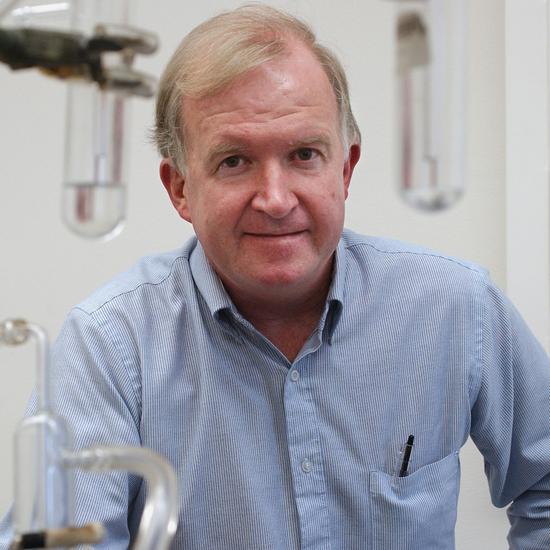Philip Power has made a large contribution to the synthesis of main group and transition metal compounds, which include many that were the first of their type. These include: the first characterisation of halide-rich organolithium compounds; the first crystalline free carbanions; the first one-coordinate metals in the solid state; the first well-characterised group 2 element imides; the first stable divalent hydrides of the group 14 elements; the first stable hydrides of bismuth; and the first crystalline two-coordinate, transition metal d4, d6, d7, and d8 complexes. New areas he has pioneered include multiple bonding between boron and elements such as carbon, phosphorus, and arsenic. He and his group also characterised the first boron–boron double bonds, the first multiple bonds involving gallium and (jointly) aluminium, and structurally characterised the first boron-, aluminium- (jointly) and gallium-centred radicals. The many important observations made by him are widely cited in the primary literature as well as in prominent inorganic and organometallic textbooks. He has been the recipient of numerous fellowships and awards.
Professor Philip Power FRS

